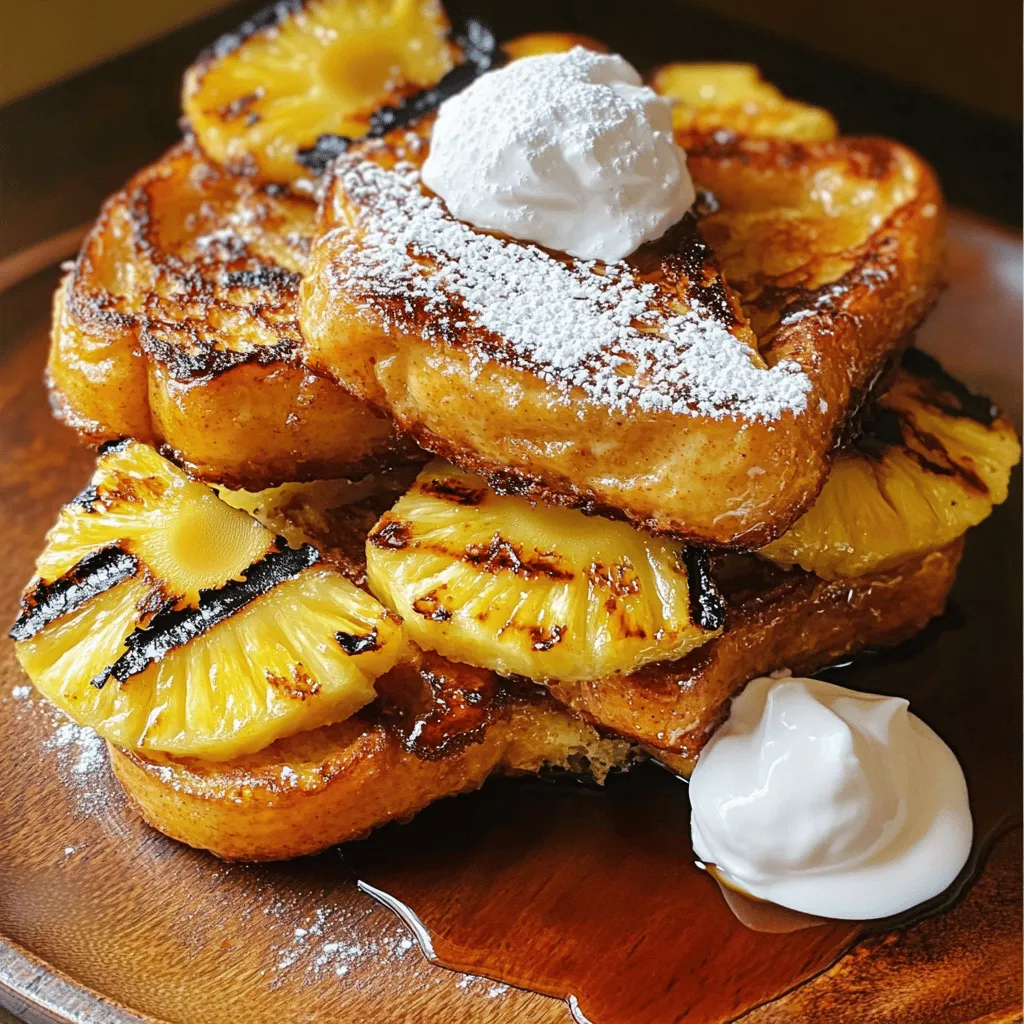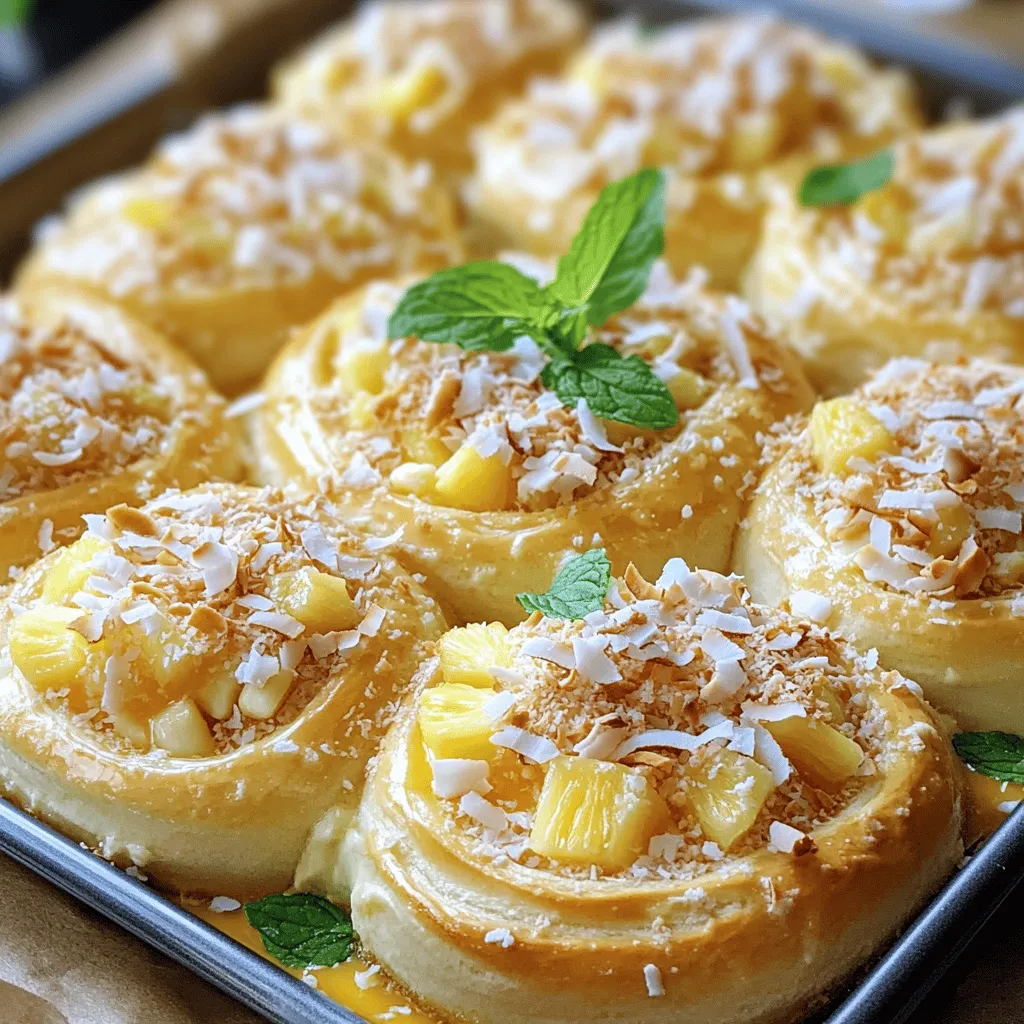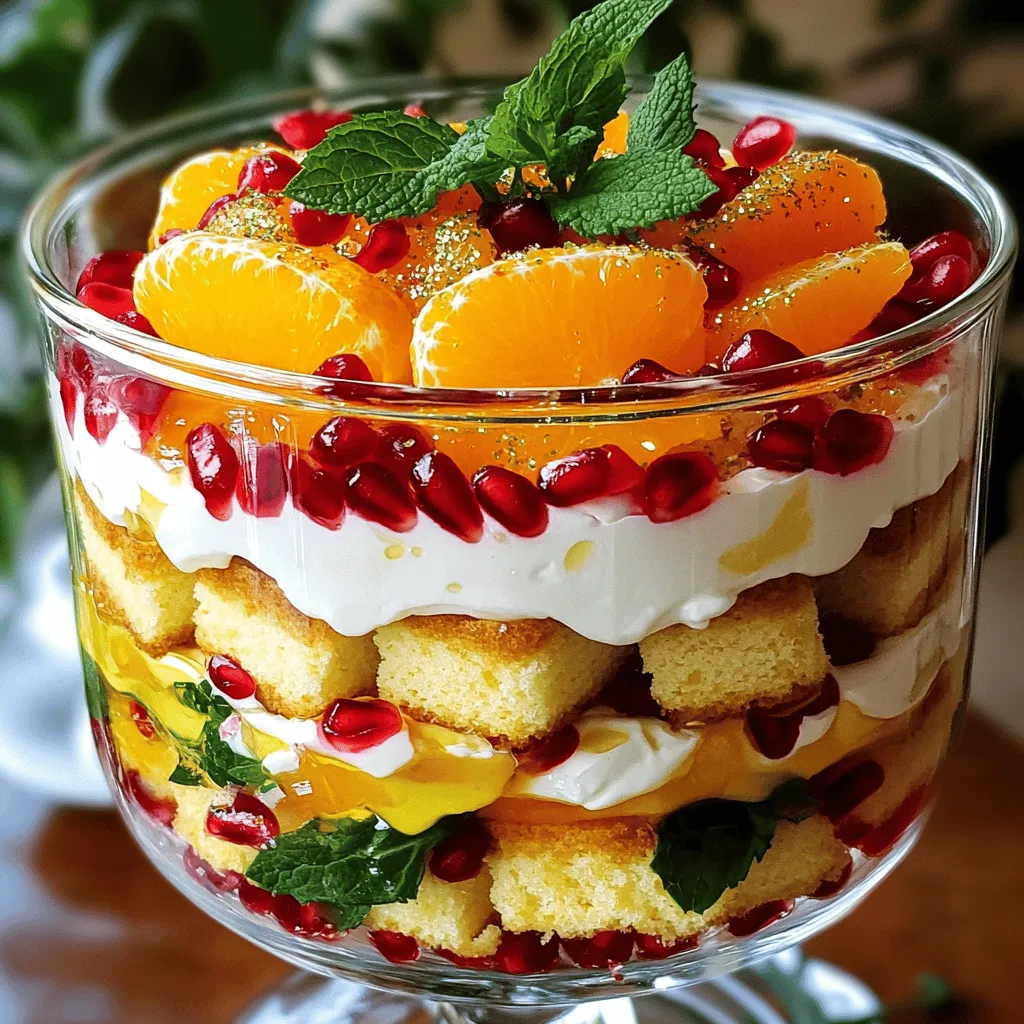Introduction
Mochi donuts have taken the dessert world by storm, captivating food lovers with their unique texture and delightful flavors. Originating from the traditional Japanese rice cake known as mochi, these innovative treats combine the chewy consistency of mochi with the beloved shape and sweetness of donuts. Over the past few years, mochi donuts have gained immense popularity across various regions, with shops dedicated exclusively to these delightful pastries popping up everywhere.
What sets mochi donuts apart from traditional donuts is their distinctive chewiness, which comes from the use of glutinous rice flour—a key ingredient that creates that signature texture. While classic donuts are often airy and fluffy, mochi donuts deliver a satisfying bite that intrigues the palate. This chewy quality is complemented by a variety of flavors ranging from matcha to chocolate, making them not only a treat for the taste buds but also a feast for the eyes.
This recipe for mochi donuts is designed to be simple and accessible for home bakers, allowing anyone to recreate these delectable treats in their own kitchen. With just a handful of ingredients and straightforward steps, you’ll be able to indulge in fresh, homemade mochi donuts that are sure to impress friends and family alike.
Understanding Mochi and Its Cultural Significance
To truly appreciate mochi donuts, it’s essential to understand the origins of mochi itself. Mochi is a traditional Japanese rice cake made from glutinous rice, which is pounded into a sticky, smooth dough. This versatile ingredient has been a staple in Japanese cuisine for centuries, often enjoyed during special occasions and festivals. Mochi can be filled with sweet or savory fillings, used in soups, or even enjoyed as a dessert, showcasing its adaptability in various culinary contexts.
The rise of mochi donuts in fusion cuisine reflects a broader trend of blending traditional dishes with contemporary flavors and techniques. As food enthusiasts seek new and exciting culinary experiences, mochi donuts have emerged as a delightful intersection between Eastern and Western dessert cultures. Their unique texture and wide range of flavor options appeal to diverse palates, making them a popular choice in various food scenes.
One of the most notable differences between glutinous rice flour and all-purpose flour lies in their texture and composition. Glutinous rice flour, derived from sticky rice, has a higher starch content, resulting in a chewy texture that is characteristic of mochi. In contrast, all-purpose flour contains gluten, which creates a more cake-like structure in baked goods. This fundamental difference is what gives mochi donuts their distinctive chewiness, setting them apart from their traditional counterparts.
Ingredients Breakdown
Before diving into the step-by-step instructions for making mochi donuts, let’s take a closer look at the essential ingredients involved in this recipe and their roles in creating the perfect chewy treat.
Glutinous Rice Flour
At the heart of every mochi donut is glutinous rice flour, which is crucial for achieving that signature chewy texture. This flour is made from short-grain sticky rice, which is milled into a fine powder. When mixed with water, it creates a pliable dough that can be easily shaped. Unlike regular flour, glutinous rice flour does not contain gluten, resulting in a denser and chewier consistency. It’s important to use high-quality glutinous rice flour to ensure the best results in your mochi donuts.
Sugar
Sugar is a key ingredient in mochi donuts, providing sweetness and enhancing the overall flavor profile. Various types of sugar can be used, including granulated white sugar, brown sugar, or even coconut sugar. Each type of sugar imparts a slightly different flavor and moisture level to the donuts. For instance, brown sugar adds a hint of caramel flavor and moisture, while granulated sugar produces a more straightforward sweetness.
Baking Powder
Baking powder plays a vital role in the texture of mochi donuts, helping them rise and achieve a light, airy quality despite their chewy base. Baking powder is a leavening agent that releases carbon dioxide when mixed with wet ingredients and heated, creating air pockets in the dough. This airiness balances the dense nature of glutinous rice flour, resulting in a delightful combination of chewiness and fluffiness.
Egg and Dairy Alternatives
In this recipe, eggs contribute to the structure and richness of the donuts. However, for those following a vegan diet or with egg allergies, there are several substitutions available. Common egg replacements include flaxseed meal mixed with water, applesauce, or mashed bananas. Each alternative offers a unique flavor and texture, so it’s essential to choose one that aligns with your dietary needs and taste preferences.
The Importance of Salt
Though it may seem like a minor ingredient, salt is crucial in enhancing the flavors of mochi donuts. A small amount of salt balances the sweetness and elevates the overall taste, ensuring that each bite is flavorful. It’s important not to omit this ingredient, as it contributes to the depth of flavor in your donuts.
Overview of Frying Oils
When it comes to frying mochi donuts, the choice of oil can significantly impact their flavor and texture. Oils with a high smoke point, such as vegetable oil, canola oil, or peanut oil, are ideal for frying as they can withstand the high temperatures needed for deep-frying without burning. The type of oil used can also influence the taste, so consider selecting an oil that complements the flavors of your donuts.
Optional Toppings
The beauty of mochi donuts lies in their versatility, allowing for a variety of creative toppings and flavor variations. Popular options include glazes made from powdered sugar and milk, chocolate ganache, or even matcha glaze for a unique twist. You can also sprinkle toppings like crushed nuts, shredded coconut, or colorful sprinkles for added texture and visual appeal. The possibilities are endless, making mochi donuts a fun canvas for your culinary creativity.
Step-by-Step Instructions for Making Mochi Donuts
Now that we’ve explored the ingredients and their significance, it’s time to dive into the step-by-step instructions for preparing these delicious mochi donuts. Follow these directions carefully to ensure your donuts come out perfectly chewy and flavorful.
Preparing the Dough: Techniques for Mixing Dry Ingredients
1. Gather Your Ingredients: Begin by gathering all the necessary ingredients and tools. You’ll need a mixing bowl, a whisk, a measuring cup, a spatula, and a donut cutter or mold.
2. Mix Dry Ingredients: In a large mixing bowl, combine the glutinous rice flour, sugar, baking powder, and salt. Whisk the dry ingredients together until they’re thoroughly combined, ensuring there are no lumps. This step is crucial as it helps distribute the leavening agent evenly throughout the dough.
3. Create a Well: After mixing the dry ingredients, create a well in the center of the mixture. This well will be used to add the wet ingredients, making it easier to combine everything without overmixing.
Mixing Wet Ingredients: Tips for Achieving a Smooth Batter
1. Combine Wet Ingredients: In a separate bowl, whisk together the egg (or chosen egg substitute), milk (or dairy alternative), and any flavorings you want to incorporate, such as vanilla extract or matcha powder. Whisk until the mixture is smooth and well combined.
2. Incorporate Wet into Dry: Gradually pour the wet mixture into the well created in the dry ingredients. Using a spatula, gently fold the wet and dry ingredients together until just combined. Be careful not to overmix, as this can lead to a denser texture in the final product. The dough should be slightly sticky but manageable.
3. Rest the Dough: Allow the dough to rest for about 10-15 minutes. This resting period helps the ingredients meld together and makes the dough easier to handle during shaping.
By following these initial steps, you’ll set the foundation for creating delightful mochi donuts. The combination of glutinous rice flour, sugar, and the right leavening agents will ensure a chewy, flavorful treat that is sure to impress. Stay tuned for the next part, where we’ll cover the frying process and tips for achieving the perfect mochi donut texture and taste.

Combining Mixtures: Ensuring a Lump-Free Dough
To create the perfect mochi donut, the first step after gathering your ingredients is to combine the dry and wet mixtures effectively. Begin by sifting together the glutinous rice flour, baking powder, and any optional flavorings such as cocoa powder or matcha. Sifting not only breaks up any clumps but also aerates the flour, leading to a lighter texture.
In a separate bowl, whisk together the wet ingredients—such as dairy or plant-based milk, eggs, and melted butter or coconut oil—until fully combined. It is crucial to mix these ingredients thoroughly to avoid lumps, as any dry flour bits will negatively impact the texture of your donuts. Gradually add the dry mixture into the wet mixture, stirring continuously with a spatula or wooden spoon until you achieve a smooth and lump-free dough. If the mixture appears too thick, a splash of additional milk can help reach the desired consistency.
Shaping the Donuts: Detailed Methods for Forming Uniform Shapes
Once your dough is smooth and well combined, it’s time to shape your donuts. There are several methods to achieve uniform shapes:
1. Donut Cutter Method: Lightly dust a clean surface with glutinous rice flour to prevent sticking. Roll out the dough to about half an inch thick. Use a round donut cutter to cut out the shapes. If you don’t have a donut cutter, you can use two different-sized round cookie cutters or even the rim of a glass for the outer circle and a smaller round object for the hole.
2. Hand-Shaping Method: For a more rustic approach, take a portion of the dough and roll it into a ball. Then, use your fingers to poke a hole in the center, gently stretching the dough to create the classic donut shape. This method can be a bit less precise but allows for a more homemade feel.
3. Mold Method: If you have donut molds (silicone or metal), press the dough into the molds to achieve perfectly shaped donuts. This method is particularly useful for ensuring consistent sizes.
No matter which method you choose, ensure that the donuts are uniform in size for even cooking. Place the shaped donuts on a parchment-lined baking sheet as you finish each one.
Heating Oil: Safety Tips and Temperature Checks for Frying
Frying donuts at the right temperature is essential for achieving that perfect golden-brown exterior while keeping the inside soft and chewy. For frying, you will need to heat vegetable oil in a deep pan or a deep fryer.
Safety Tips:
– Always ensure that you have a thermometer on hand to monitor the oil temperature.
– Avoid overcrowding the pan as this can lower the oil temperature and result in soggy donuts.
– Keep water and other liquids away from hot oil to prevent splattering.
The ideal frying temperature for mochi donuts is between 350°F to 365°F (175°C to 185°C). To check the oil’s readiness, you can drop a small piece of dough into the oil; it should sizzle and rise to the surface. If you do not have a thermometer, you can also test the oil by dipping the end of a wooden spoon into it—if bubbles form around the spoon, the oil is ready for frying.
Frying the Donuts: Timing for Perfect Doneness and Color
Once the oil is heated to the appropriate temperature, carefully lower the donuts into the oil using a slotted spoon. Fry them in batches to avoid overcrowding. The frying time for mochi donuts is relatively short, generally around 2-3 minutes per side, depending on the thickness of your donuts.
Watch closely as they fry; you’re looking for a golden-brown color. If they brown too quickly, reduce the heat slightly. After about a minute, gently flip the donuts using the slotted spoon to ensure even cooking. Once they are cooked to perfection, remove them from the oil and place them on a paper towel-lined plate to drain any excess oil.
Adding Toppings: Creative Suggestions for Personalization
One of the best parts of making mochi donuts is the endless possibilities for toppings. Here are some creative suggestions to elevate your donuts:
1. Glazes: Create a simple glaze by mixing powdered sugar with a splash of vanilla extract and milk until smooth. You can also infuse flavors by adding matcha for a green tea glaze or cocoa powder for a chocolate version.
2. Sprinkles: After glazing, roll the donuts in colorful sprinkles for a festive touch, perfect for parties or celebrations.
3. Coconut Flakes: For a tropical twist, sprinkle toasted coconut flakes over your donuts after glazing.
4. Nuts: Chopped almonds, pecans, or walnuts can add a delightful crunch and flavor contrast.
5. Chocolate Drizzle: Melt some chocolate and drizzle it over the tops for a decadent finish.
Exploring Flavor Variations
The beauty of mochi donuts lies in their versatility. Here are some ideas for flavoring and personalizing your treats:
Flavoring the Dough: Ideas for Incorporating Extracts and Spices
You can easily enhance the flavor of your mochi donut dough by adding extracts or spices. Here are some suggestions:
– Vanilla Extract: A classic addition that complements almost any topping.
– Almond Extract: Provides a nutty flavor that pairs beautifully with chocolate or fruit toppings.
– Cinnamon or Nutmeg: A dash of these spices can add warmth and depth, especially appealing during fall or winter.
Unique Toppings: Exploring International Influences
Incorporate global flavors into your toppings for an exciting twist:
– Matcha: Use matcha powder in your glaze or sprinkle it on top for a beautiful color and earthy flavor.
– Black Sesame: Ground black sesame seeds make a nutty topping that is popular in Asian desserts.
– Yuzu: A yuzu glaze brings a citrusy brightness reminiscent of Japanese cuisine.
Seasonal Variations: Adapting the Recipe for Holidays or Special Occasions
Adapt the basic mochi donut recipe to celebrate various holidays:
– Pumpkin Spice: Add pumpkin puree and spices for a fall-themed donut.
– Peppermint: During the winter holidays, incorporate peppermint extract into your glaze for a refreshing taste.
– Fruit Purees: For spring and summer, blend in fruit purees like strawberry or raspberry for a fresh, fruity flavor.
Nutritional Information
When it comes to the nutritional profile of mochi donuts, they have some unique attributes worth noting:
Overview of the Nutritional Profile of Mochi Donuts
Mochi donuts typically boast a chewy texture thanks to glutinous rice flour, which is the primary ingredient. Here’s a brief overview of their nutritional profile:
– Calories: Depending on the size and toppings, a mochi donut can range from 150 to 300 calories each.
– Carbohydrates: They are primarily carbohydrate-based due to the rice flour, providing quick energy.
– Fats: The fat content will vary based on the frying oil and any toppings used.
Discussion of Potential Health Benefits of Glutinous Rice Flour
Glutinous rice flour, while not low in carbohydrates, is gluten-free and can be easier to digest for those with gluten sensitivities. It also contains a small amount of protein and is a source of energy, making it a popular choice for many Asian desserts.
Comparisons to Traditional Donut Recipes
When compared to traditional donuts made with all-purpose flour, mochi donuts often have a different texture and may be perceived as healthier due to the absence of gluten. However, they can still be high in sugar and calories, especially when topped generously. Moderation is key!
Serving Suggestions
To fully enjoy your homemade mochi donuts, consider these serving tips:
Best Practices for Serving Mochi Donuts: Pairing with Beverages
Mochi donuts pair well with a variety of beverages. Here are a few suggestions:
– Coffee or Tea: A warm cup of coffee or tea complements the chewy texture of the donuts perfectly.
– Milk: For a classic pairing, serve with cold milk or a dairy-free alternative.
– Matcha Latte: Elevate the experience with a creamy matcha latte for a delightful flavor combination.
Ideas for Showcasing Donuts at Gatherings and Events
Mochi donuts can also make a stunning centerpiece for gatherings. Consider:
– Donut Tower: Stack the donuts into a tower or on a tiered stand for an eye-catching display.
– DIY Topping Bar: Set up a topping station where guests can personalize their own donuts with various glazes and toppings.
Storage Tips: How to Keep Donuts Fresh for Longer
If you have leftovers, store them properly to maintain their freshness:
– Room Temperature: Store mochi donuts in an airtight container at room temperature for up to 2 days.
– Refrigerator: For longer storage, keep them in the fridge for up to a week. Just note that refrigeration can alter their texture.
– Freezing: For long-term storage, freeze the donuts in an airtight container. When ready to enjoy, thaw at room temperature and reheat briefly in the microwave or oven.
Conclusion
Making mochi donuts at home is a joyous experience that allows for creativity and experimentation with flavors and toppings. From the chewy texture achieved with glutinous rice flour to the endless possibilities for personalization, these treats are not only delightful but also a fun activity for friends and family.
We encourage you to experiment with different flavor combinations and toppings to find your favorite. Whether you stick to classic glazes or venture into unique flavor territories, the versatility of mochi donuts ensures that they will be a hit on any occasion. Embrace your culinary creativity and enjoy the process of crafting these delightful donuts that are sure to impress!




